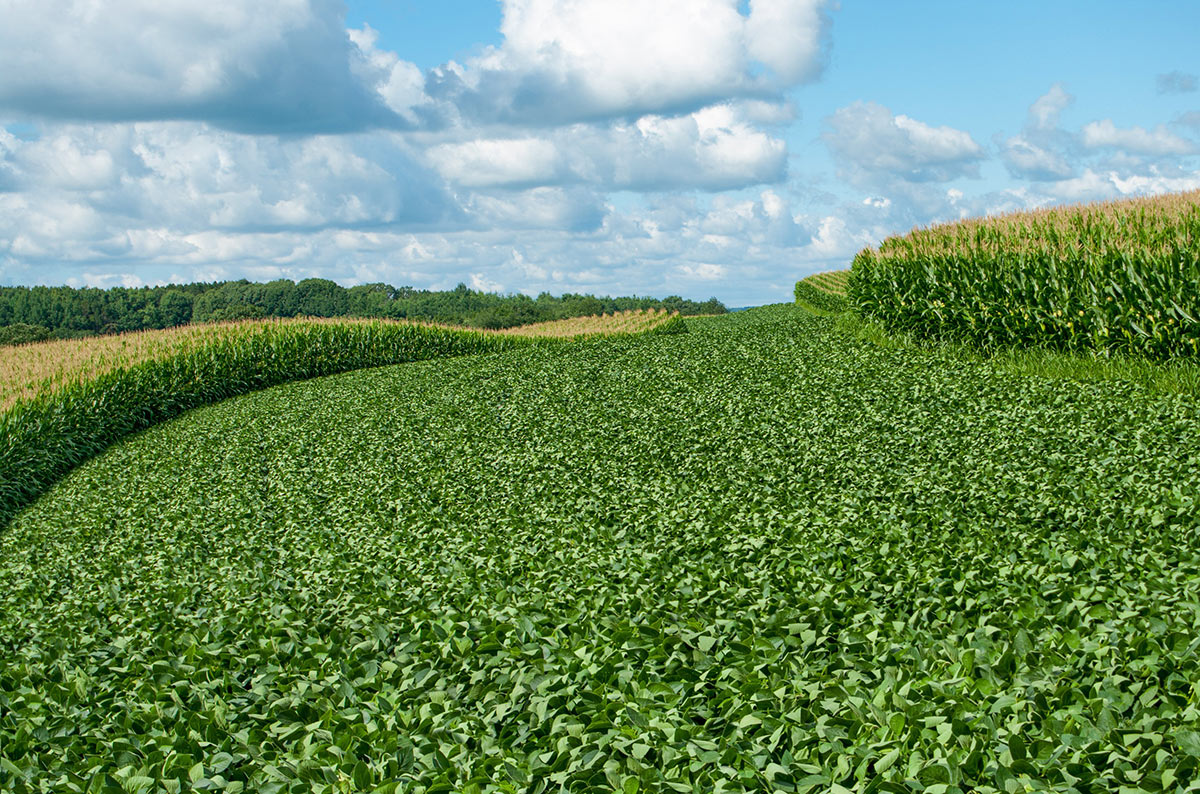According to a new analysis of the expected contribution of CAP Strategic Plans to greenhouse gas emissions reduction and sequestration, conversion to organic farming, crop rotation or diversification, and expansion of cover crops are the three farming practices supported by CAP interventions that contribute the most to climate objectives.
According to the study commissioned by the European Commission’s Department on Agriculture (DG AGRI), these three practices contribute to 78% of an estimated mitigation potential of up to 31 million tonnes of CO2-equivalent per year, mainly in carbon sequestration (22 million tonnes) and reduction of emissions from soil (9 million tonnes).
Furthermore, national support through the Common Agricultural Policy (CAP) for the maintenance of organic farming is estimated to protect more than half (54%) existing carbon sinks, estimated at 29 million tonnes of CO2-equivalent yearly across the 18 Member States analysed in the study.
“Using CAP money to support conversion and maintenance of organic farming is a good investment for Member States and for nature”
According to Eric Gall, Deputy Director at IFOAM Organics Europe: “This study shows that besides protecting farmers health, water resources and biodiversity by cutting synthetic pesticides use, the development of organic farming is also essential to reduce emissions from agriculture and increase soil carbon sequestration”.
He elaborated: “These results show that using CAP money to support conversion and maintenance of organic farming is a good investment for Member States and for nature. Given the numerous benefits it delivers, organic farming should be given a more prominent role in the next CAP and in the future vision for agriculture and food.”
“The Commission should also revise its expected draft proposal on the Carbon Farming methodology so that it also reward farmers for the maintenance of existing carbon sinks.”
Further information available at www.organicseurope.bio
The article New study confirms the leading role of organic farming in contributing to agriculture’s climate objectives appeared first on Bio Eco Actual.






